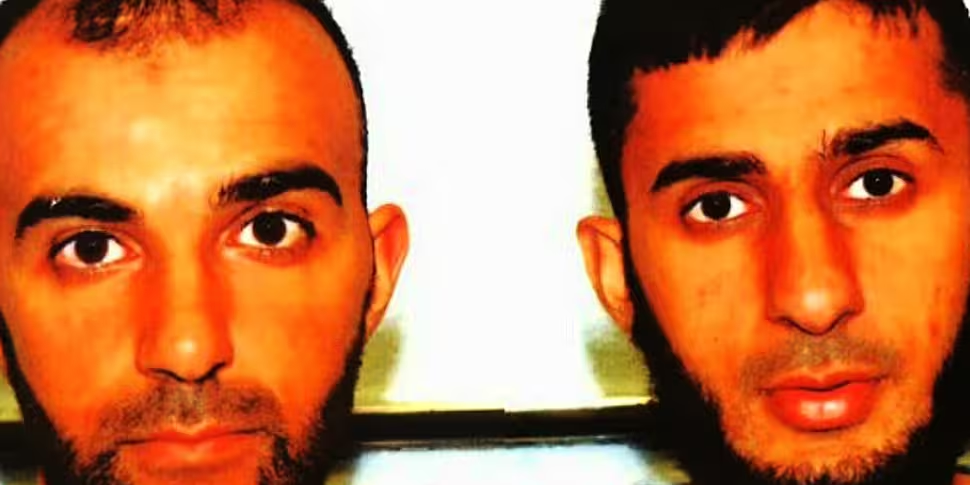Two brothers have become the first Britons to be jailed for terrorism training in Syria in 2013.
30 year old Mohommod Nawaz, and 24 year old Hamza Nawaz, both from Stratford in east London, were sentenced to four-and-a-half years and three years respectively.
They had earlier admitted conspiracy to attend a terrorism training camp.
The men were intercepted by police at Dover on their return to the UK, and they had brought back bullets and pictures as trophies.
Prime instigator Mohommod Nawaz, 30, and 24-year-old Hamza Nawaz took photos and videos of their trip to the war-hit country, including the camp.
Mohommod Nawaz brought back AK-47 ammunition as a "trophy".
The pair were stopped by police in September last year as they arrived at the port of Dover from Calais.
Officers said they searched their car and found five rounds of ammo, a balaclava, "heavy-duty clothing", six mobile phones, and a Sim card containing images, video clips and text messages relating to training camps.
Among the evidence was a timetable, which included specific periods for physical training, military training, Islamic lessons and meals.
It was claimed the pair had driven from their home in Stratford, east London, to Calais, and then flown from Lyon to Turkey. From there they travelled into Syria.
The judge Christopher Moss QC told them: "You were in training both of you while you were there to support the rebel fighting in Syria.
"In fairness to you both there is no evidence of you actually engaged in such fighting."
Counter Terrorism Acting Commander Terri Nicholson said: "The first in a series of landmark sentences has today been handed down to two brothers who travelled to Syria to attend a terrorist training camp.
"The sentence highlights the critical work police and security services carry out to identify individuals returning from conflict zones.
"This comes at a time when the global concern about the threat posed by returnees is intensifying.
"We need communities and families to bring to our attention anyone they perceive may be vulnerable, a danger or showing signs of radicalisation before they choose to travel.
"Preventing tragedies is our priority and together with our partners we have a range of options available to support families and individuals at risk."









